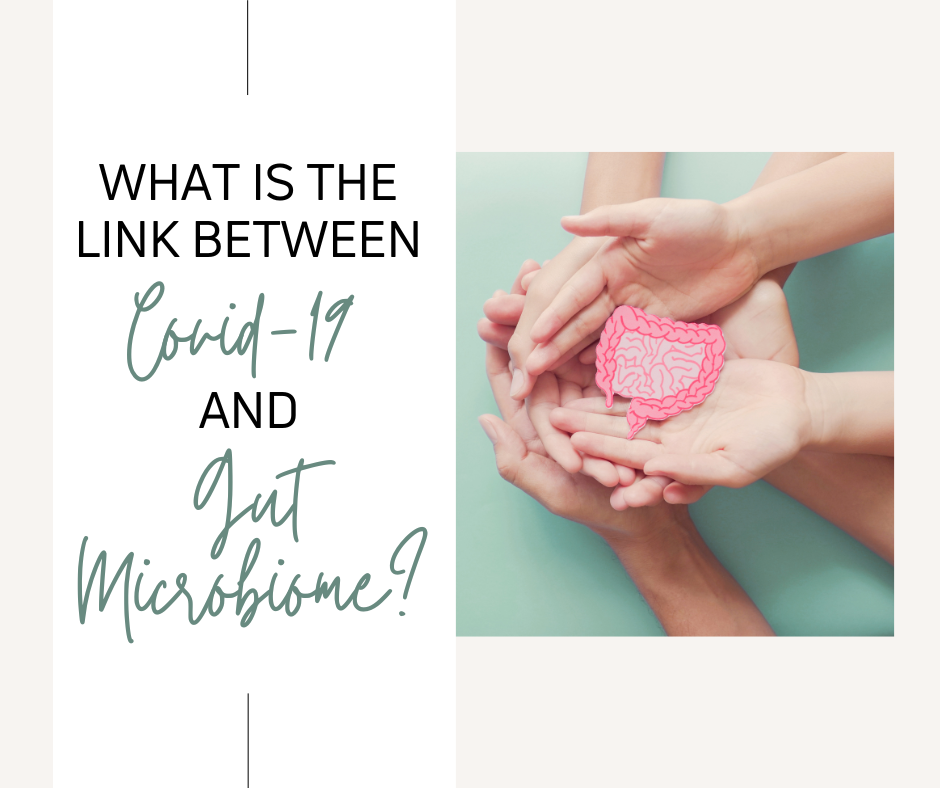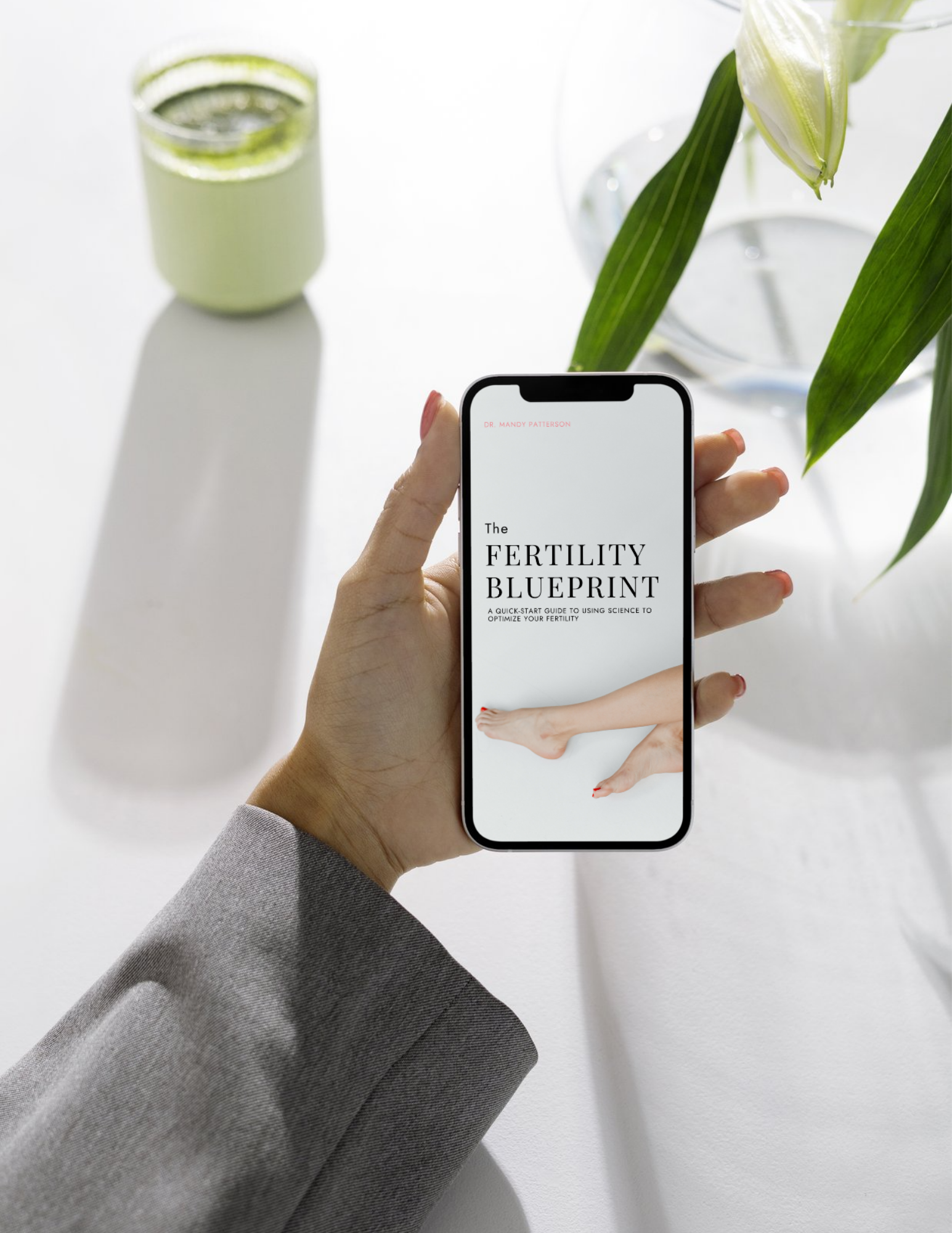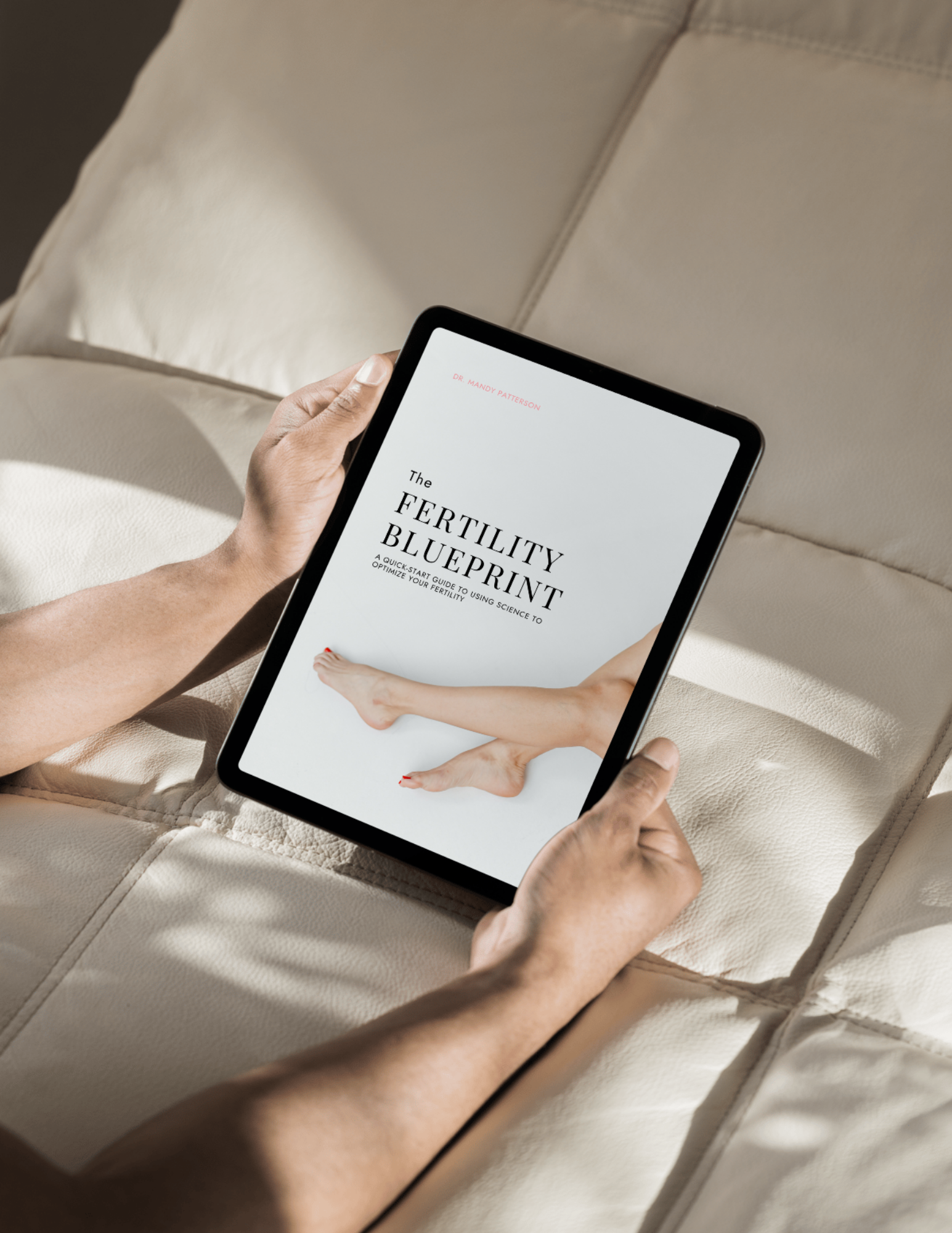Is there a link between Covid-19 and the gut microbiome? Although still evolving, evidence suggests a probable link between gut microbiota and the host’s immune response to COVID-19.
Since it was first recognized, Coronavirus Disease 2019 (COVID-19), caused by the Severe Acute Respiratory Syndrome Coronavirus 2 (SARS-CoV-2), remains an enigmatic disease. To cut through the controversy, it is a condition that adversely affected millions of people while others had seemingly little response.
Interestingly, the gut microbiome may be the key to understanding certain individuals’ reactions to COVID compared to others. This article will answer the nuts and bolts questions about the gut microbiome, the gut-lung axis, and how gut microbiota interact with COVID-19.
What is the Gut Microbiome?
Inside every person are trillions of microorganisms – bacteria, viruses, fungi, and other life forms collectively known as the microbiome. The gut microbiome lives within the gastrointestinal tract. The microorganisms and their combined genetic material that make up the gut microbiome outnumber the human genome by about 150 times.
The gut microbiota facilitates the synthesis of vitamins and fermentation of carbohydrates and other undigested nutrients and aids in the delivery of essential nutrients like short-chain fatty acids. They also regulate intestinal permeability and keep pathogenic microbes from infiltrating the rest of the body.
More importantly, the gut microbiome helps to regulate and maintain the immune system.

In a healthy person, the ratio of “good bacteria” to “bad bacteria” living inside the gut microbiome is relatively stable. However, when the amount of “bad bacteria” surpasses that of the good, a situation called gut dysbiosis occurs.
Gut Dysbiosis
In a healthy person, the ratio of “good bacteria” to “bad bacteria” living inside the gut microbiome is relatively stable. However, when the amount of “bad bacteria” surpasses that of the good, a situation called gut dysbiosis occurs.
Gut dysbiosis is a condition characterized by an alteration in the abundance or composition of the microbiota.
With gut dysbiosis comes increased intestinal permeability, also known as leaky gut. This increased permeability allows harmful microbes, toxins, and undigested food particles to infiltrate the bloodstream causing your body to mount an inflammatory response.
Gut dysbiosis can occur due to aging, dietary effects, drugs, gastrointestinal infections, and certain health conditions.
The Gut-Lung Axis
You may wonder how the gut microbiome relates to respiratory diseases like COVID-19. The answer lies within the gut-lung axis. Moreover, the gastrointestinal and respiratory tracts share a common mucosal immune system known as the gut–lung axis.
Throughout your lifespan, the established microbiota of both tracts contributes to the gut-lung axis, regulating the immune responses when faced with a pathogenic threat. The axis is believed to be bidirectional, meaning when either tract is disrupted through something such as dysbiosis, both immune responses are activated.
Research indicates dangerous effects on respiratory immune responses after the alteration of the gut microbiota with antibiotics. Other studies have also found that gut microbiota alterations result in abnormal activation of the immune system and predispositions to respiratory illnesses such as asthma, lung allergic responses, and chronic respiratory diseases.
Likewise, animal studies have also revealed an alteration in the gut microbiota after respiratory viral and bacterial infections, demonstrating the bidirectional characteristics of the gut-lung axis.
The Link Between Gut Microbiota And COVID-19
While COVID-19 is primarily a respiratory illness, evidence suggests that the gut may also have a role. Imbalances in the gut microbiome may also be implicated in persistent inflammatory symptoms of “long-haul COVID.”
Increasingly, evidence is mounting for gut dysbiosis as a predisposing factor for severe COVID-19. Research indicates that this occurs through a leaky gut phenomenon and the resultant spillage of bacterial products and toxins into the body. Evidence is also emerging that the degree of dysbiosis correlates with the severity of COVID-19 illness.
One study found that gut microbiome composition was significantly altered in patients with COVID-19 compared with non-COVID-19 individuals, irrespective of whether patients had received medication. The same study found increased disease severity and elevated concentrations of inflammatory cytokines in patients with altered microbiome composition.
Another study confirmed that COVID-19 infection disrupts the gut microbiome. Researchers indicated that this disruption enables secondary bacterial infections by allowing pathogenic bacteria to colonize the gut and by altering the intestinal lining to spread these bacteria more easily from the gut to the bloodstream.
Gut microbiota alterations result in abnormal activation of the immune system and predispositions to respiratory illnesses such as asthma, lung allergic responses, and chronic respiratory diseases.
The Gut Microbiome and Long-Haul COVID
Finally, a disrupted gut microbiome may be linked to the risk of developing long-haul COVID after the initial infection.
While most people recover within weeks of infection, some experience symptoms for months. These symptoms have been dubbed “post-COVID, long COVID, or long-haul COVID.”
Symptoms include:
- Respiratory
- Headache
- Dizziness
- Loss of taste and smell
- Anxiety
- Poor concentration
- Disrupted sleep
- Low mood
- Poor memory
- Blurred vision
- Gastrointestinal
- Hair loss
- Fatigue
Research shows that gut dysbiosis is linked to the severity of COVID-19 infection and that it persists after disease resolution. In fact, the microbiome of long-haul COVID-19 patients differed from that of infected patients without long COVID and those without COVID-19 infection.
Functional Medicine and COVID-19
What’s next? What can we logically conclude from all the research on the link between COVID-19 and the gut microbiome?
First, it behooves us to explore potentially preventive and therapeutic interventions, such as dietary changes and probiotics.
Second, it points us to functional medicine, a systems biology-based approach that focuses on identifying and addressing the root cause of disease. It is an individualized, patient-centered, science-based approach that empowers patients and practitioners to work together to achieve healing.
Interventions with functional medicine are often based on lifestyle changes. In the case of COVID-19 and gut dysbiosis, the functional approach would include protocols such as:
- Cleaning up the diet by focusing on anti-inflammatory, whole foods and avoiding processed foods, sugar, alcohol, and caffeine.
- Adding probiotics and prebiotics to your diet to support the gut microbiome.
- Avoiding and removing environmental toxins to support your body’s detoxification pathways.
RELATED: THE GUT-THYROID CONNECTION: HOW DOES GUT HEALTH BENEFIT YOUR THYROID?
Work With a Holistic Health Coach
With the clear evidence that a healthy gut can dramatically influence your overall health, are you ready to begin optimizing your diet? As a functional medicine practitioner and Holistic Health Coach, I am committed to helping you become the healthiest version of yourself.
My one-on-one health coaching program helps you manage and reverse health conditions like gut dysbiosis using a functional medicine approach.
Rest assured, you will receive an action plan that outlines personalized diet, supplement, and lifestyle recommendations to help you achieve optimal health and overcome any dis-ease!
Mandy Patterson


















